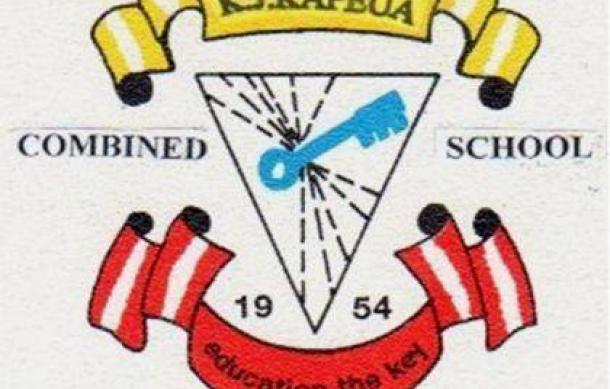
Teachers at a public school in Ovitoto, a settlement south of Okahandja, say its facilities are unsuitable for learning.
Buildings and ablution facilities at KJ Kapeua Combined School, the teaching staff says, have been in a deplorable state for years. They accuse the Ministry of Education, Arts, and Culture of turning a blind eye to the health risks learners here are exposed to.
Built 40 years ago as a primary school for children of the Ovitoto settlement, KJ Kapeua was upgraded to a combined school, welcoming learners from pre-primary level to grade 11.
This year's enrollment stands at 700 learners.
They share two toilets, while the infrastructure, from the hostel to the classrooms, is in various states of disrepair.
School principal Robert Mukelabai claims little or nothing is being done to address the deplorable living conditions at the hostel block.
"With regard to issues with the sewer and ablution facility that we need to relook, and my thinking was that I even communicated to some of my staff members that maybe we must go back to pit latrines. One of the difficulties you will notice is that the ceiling has begun to fall. The school is not connected, we have tried many times even to connect the power supply. If you come here at night, it's very dark. We have a block at the hostel; when you switch it on, there is still water running. So it was recommended that we close that block."
Water and electricity supply are two other issues that must be addressed. "There is no week here that goes by without a power outage; we have three water tanks so that if there is no water, I can store water there for the kids, but neither of them can take me the entire week because I have a high population of kids, and that's like 15,000 liters."
Mattresses and furniture are also in short supply.
Contacted for comment, Otjozondjupa Regional Education Director Josephine Mutenda said she is aware of the challenges the school has experienced and that it is among the schools selected for assessment this year.
Last month, the Otjozondjupa Regional Council promised to visit schools across the region to assess the challenges they face and help ensure all is maintained for the benefit of the learners.





